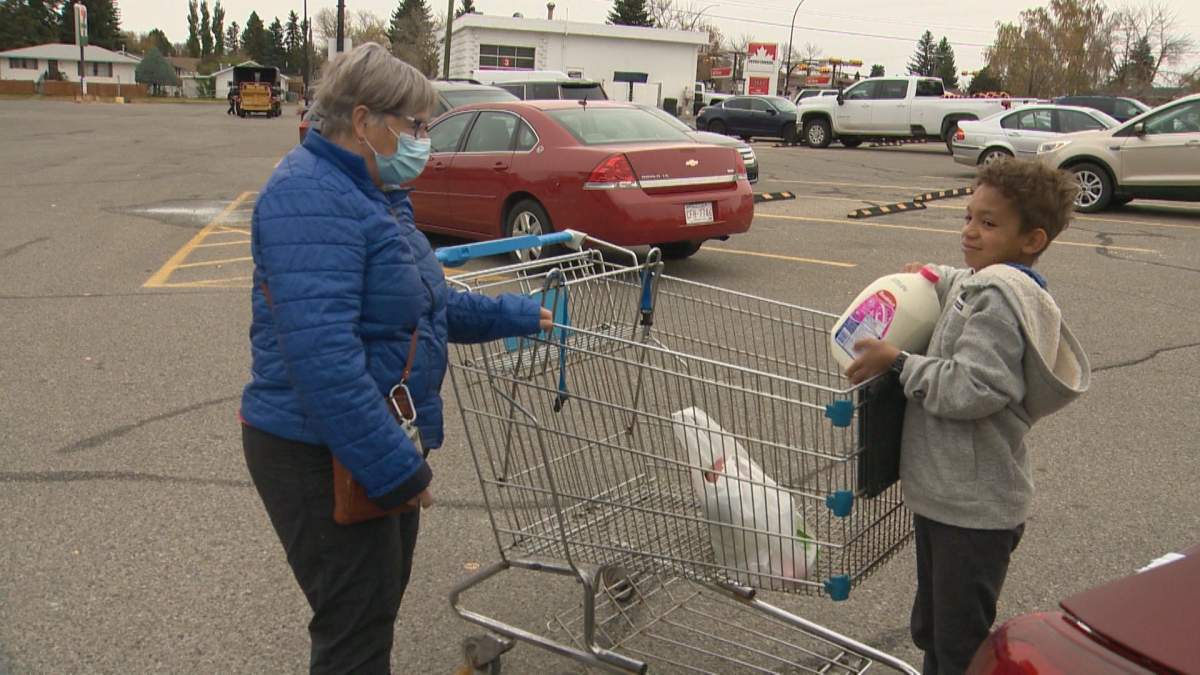A growing number of Albertans reported more financial trouble as the province entered its seventh month of economic disruption amid the COVID-19 pandemic.

The latest MNP Consumer Debt Index points to growing debt in the province now, and on the horizon.
The latest index’s highlights:
- 25 per cent of Albertans said they’re technically insolvent, unable to pay their bills and debt repayment obligation each month
- 37 per cent of Albertans said they’re $200 or less away from being insolvent at month-end
- 46 per cent said they’re worried about their current level of debt
- 46 per cent also said they’re still worried that either themselves or someone in their household could lose their job
- 51 per cent said they regret the amount of debt they’ve taken on in life
“They are really high numbers,” MNP licensed insolvency trustee Sandra Landry told Global News.
But Landry added the numbers were also not surprising, especially as payment deferrals and government aid programs wind down or change.
Calgary resident Judy Paterson has seen the shift up close. Her daughter and nine-year-old grandson recently moved into her home.

Get weekly money news
“In spite of having a job she can’t afford to pay her rent let alone buy the other stuff,” Paterson said.
Paterson said she doesn’t only blame the pandemic, adding that life can throw a lot of curveballs and so for now, her family will try out the new living arrangements to try and save some money.
MNP told Global News it’s seeing more families and individuals come in with debt problems and said acting on those problems right away is the best plan.
“The problem with waiting longer is that the options slowly dwindle,” Landry said.
“When you start seeing those red flags — the creditors calling, the paying debt with other debt those sorts of red flags — that’s really the time to start asking a professional what those options are.”
Debt solutions
Landry added dealing with debt problems depends on the extent of the debt and the individual’s income.
It also may involve some combination of the following:
- Refinancing
- Liquidating
- Consolidating
- Credit counselling
- Consumer proposal
- Bankruptcy
But the first thing she advised is budgeting.
“The first thing you need to do is look at your budget, be realistic. How much money do you bring in each month? And where are you spending it?”
Landry added you might be able to budget yourself out of a financial problem or you might be able to refinance or liquidate assets, but it’s important to stay calm and seek the advise of professionals.
“Ultimately don’t panic, don’t jump into a solution out of fear.”




Comments
Want to discuss? Please read our Commenting Policy first.